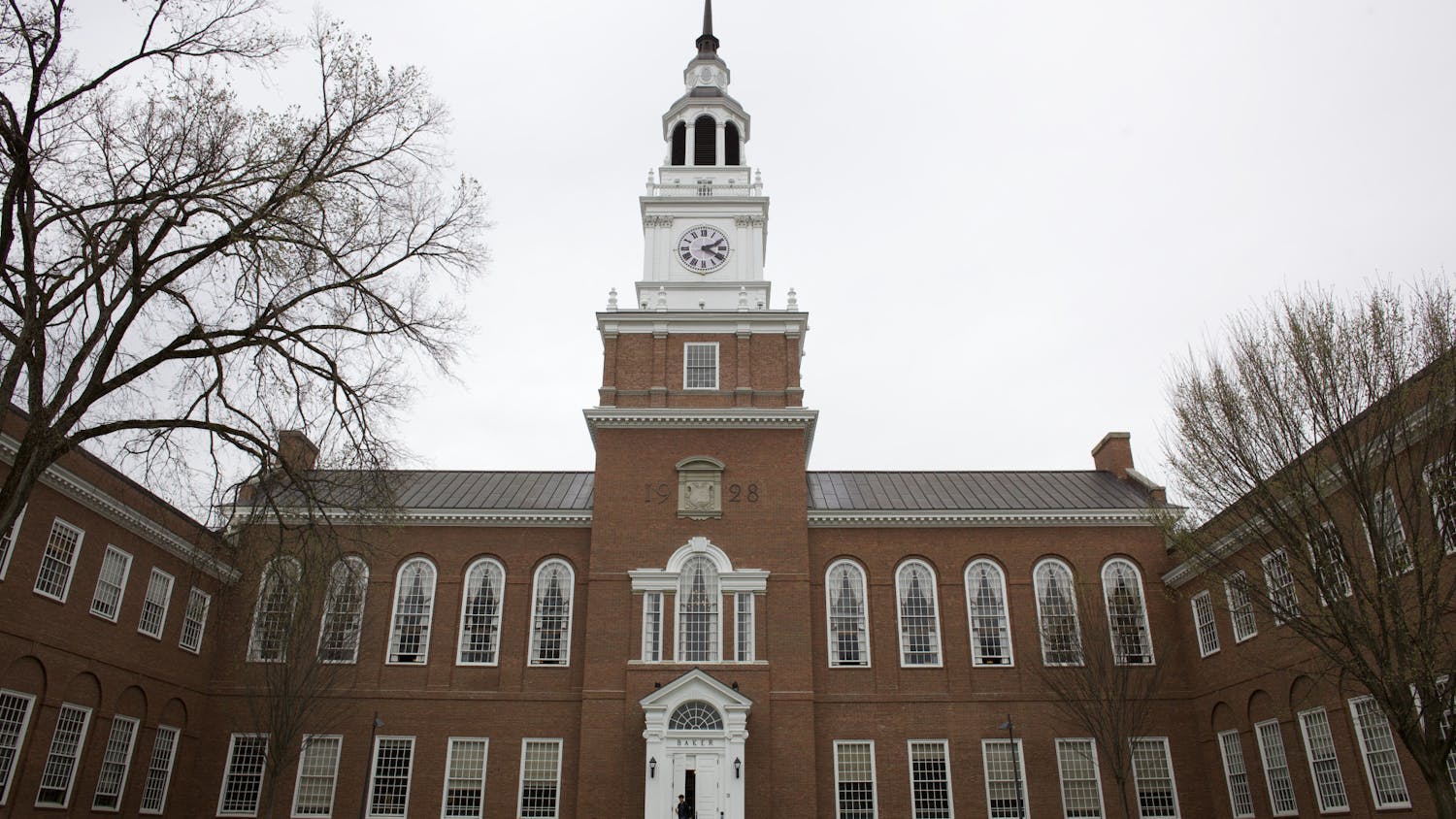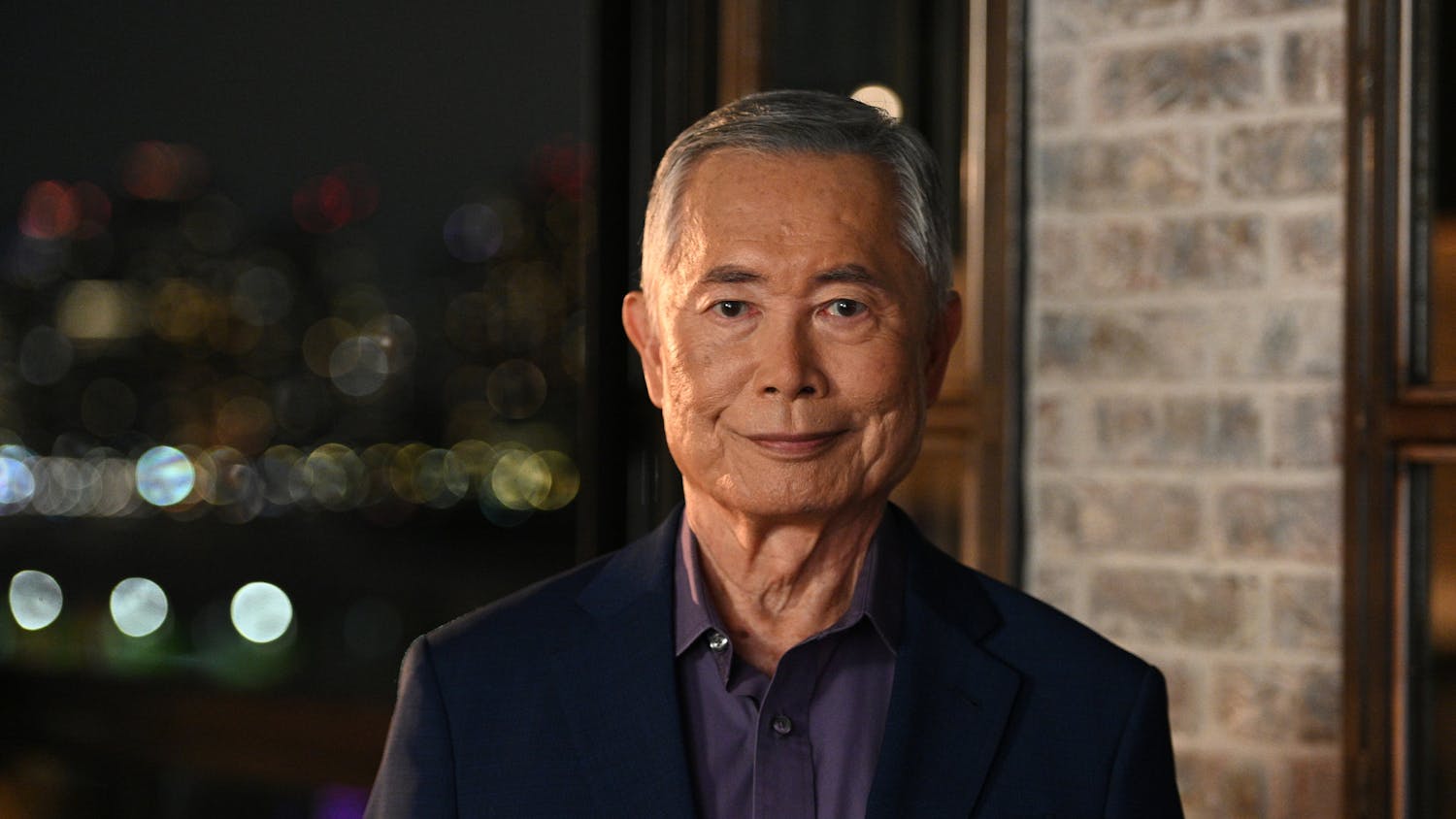Wilma Mankiller, the first woman to lead a major Northern American Indian tribe, said last night her greatest challenge as chief was to get people to believe in themselves.
Mankiller addressed a crowd that overfilled 105 Dartmouth Hall and left only standing room.
Mankiller, who became the Cherokee Nation's principal chief in 1987, compared her job to that of a Chief Executive Officer running a small country.
She said her job as principal chief was to provide education, health care and day care subsidies. She also said tribal government has its own law enforcement and tax commissions.
"People think my first priority was development, but I see my job as principal chief as getting others to believe in themselves," she said.
While discussing the Cherokee Nation's history, Mankiller said the tribe was twice relocated by the U.S government: first from the southeastern United States to Oklahoma and then to a smaller territory in the same state.
Mankiller discussed the hardships created by those relocations and their effects upon the Cherokee Nation's development.
By April 1839, nearly a quarter of the Cherokee Indians had died as a result of the first relocation from the southeastern United States to Oklahoma.
By the 1840s, the Cherokee Nation had a newspaper, a judicial system and was providing education for women.
"By the 1900s, history repeated itself again, and the Cherokees were once again relocated," Mankiller said. Between 1906 and 1971, the Cherokee Nation had no elected leaders.
"In 1971, we wanted to revitalize the Cherokee Nation," she said. "We had no natural resources - only tenacity."
"Through hard work and determination, we rebuilt the Cherokee Nation," Mankiller said.
Mankiller noted differences between Native Americans and non-Native Americans.
"We have a different way at looking at the world," she said. "We have retained a sense of interdependence and community that I do not want to lose."
At the conclusion of her speech, members of Native Americans at Dartmouth presented Mankiller with a shawl and sang her a Native song.
The Cherokee Nation currently has 156,000 members.
Mankiller's visit was sponsored by the Native American Studies Program with assistance from the Rockefeller Center for the Social Sciences and the Native American Program.
Among her many awards, Mankiller was named Woman of the Year by Ms. Magazine in 1987 and inducted into the National Women's Hall of Fame.



